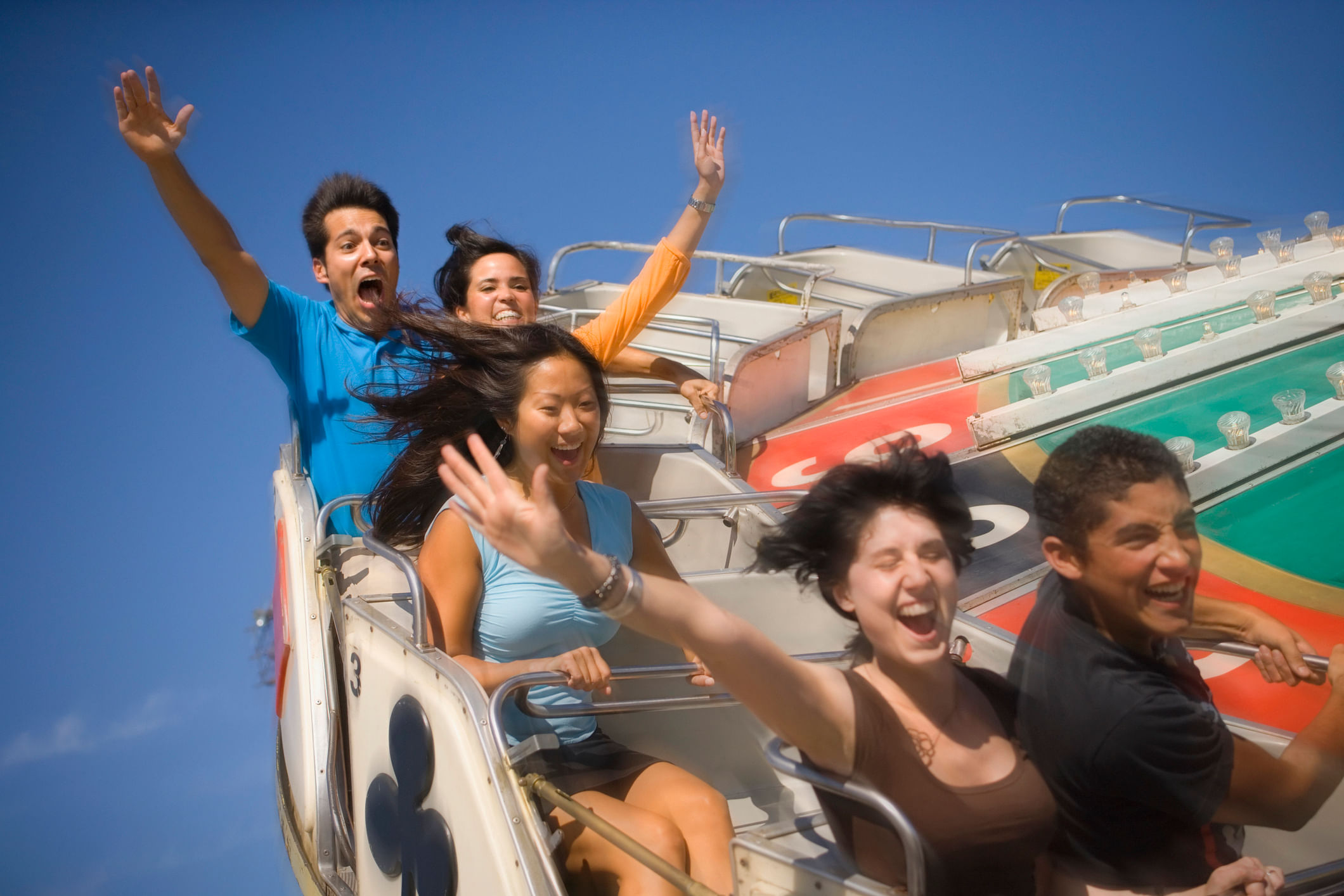Issues with your ears and nose while on vacation

Symptoms relating to the ear, nose or throat (ENT) may occur when you travel. While not life-threatening, they can be annoying and dampen your holiday spirits. Gleneagles Hospital's ENT specialist Barrie Tan tells us how to ease these symptoms.
Q: What is an airplane ear and how can I prevent it?
A: It is a blocked ear sensation caused by changes in air cabin pressure. It occurs when the middle ear, which is ventilated through the Eustachian tube at the back of the nose, does not ventilate in time with external environment changes.
A simple solution is to suck on a sweet or swallow. For infants who are too young to do that, time the infant's feeding before the plane's ascent and descent. When you sense a change in the air pressure, it is time to feed the infant.
Q: Why do I get a nose bleed when travelling to cold countries and how to stop it?
A: A nose bleed occurs when the thin skin lining in the centre-front of the nose cracks due to dryness. It happens especially when you travel to temperate countries or dry climates.
To stop a nose bleed, bend your head forward. Press the sides of the nose towards the centre.
Managing urinary incontinence, overactive bladder

Stress and urge urinary incontinence are two common types of urinary incontinence, which is the involuntary leak of urine.
The former is the loss of small amounts of urine from exertions such as coughing, sneezing and exercising, that increase internal abdominal pressure, while the latter is an uncontrollable urge to urinate, resulting in leaking before reaching the toilet.
Obstetrician and gynaecologist Christopher Chong talks about the causes and prevention.
Q: What causes urinary incontinence and how do I prevent it?
A: Urinary incontinence is more common in women because the pelvic floor muscles are damaged or become loose due to childbirth, ageing or obesity.
For male incontinence, an enlarged prostate can cause an obstruction to the bladder outflow, resulting in urine retention. When the bladder is overloaded, urine leaks out.
To prevent urinary incontinence in women, pelvic floor muscles or Kegel exercises to strengthen the muscles are recommended. Men can take medication to soften the outflow track for urine or undergo a surgery to remove part of the prostate to reduce obstruction of the bladder.
When you are travelling and know that you are not able to access a toilet easily, you may want to restrict fluids during those times.
Q: How to tell an overactive bladder from urinary incontinence?
A: For an overactive bladder, the symptoms are higher frequency and greater urgency of urination and urge incontinence. A computer test called urodynamic study can diagnose an overactive bladder.
A catheter is inserted into the bladder and another into the rectum. Fluid is run at a regular rate into the bladder and its behaviour is monitored on the computer. The best treatment will be recommended based on the results.
Constipation and colon health

We ask colorectal surgeon Quah Hak Mien whether our colons can take the stress of holiday feasting.
Q: Why do I get constipated when I travel?
A: When we travel, there'll be some disturbances to our system, such as jetlag, lack of sleep or eating different cuisines. Most people also tend to drink less water to avoid going to the toilet. We may get constipated as the body takes some time to get readjusted. My advice is to stay well-hydrated and consume sufficient fibre.
Q: How do I maintain a healthy colon?
A: We should eat all foods in moderation. If we eat meat, we should balance it with enough fibre and other things. Eat less red meat, especially meat cooked at high temperatures like BBQ or roasting, and cut down on processed meat.
Heart health for the season

We consult cardiologist Daniel Yeo on the effects of festivities, such as partying hard and often late into the nights, on people with underlying heart problems.
Q: What is Takotsubo syndrome?
A: This is another name for stress cardiomyopathy, a sudden surge in stress hormones, causing the heart to malfunction, weaken or shut down.
The base of the heart contracts forcefully, but the rest of the heart balloons out. Takotsubo syndrome is derived from the name of the pot for catching octopus, which looks like a balloon.
Main causes are emotional and physical stresses. If you have a flu or are unwell, it is advisable not to participate in competitive sports or exert yourself physically. Those with underlying heart problems may want to refrain from engaging in extreme sports such as rollercoaster rides and bungee jumping to avoid sudden surge in stress hormones due to overexcitement.
Q: What are the signs of a heart attack?
A: Pain or discomfort is felt in the chest due to the blockage of blood flow to the heart muscle. You start to perspire and feel faint as stress hormones are released and the heart pumps less blood to the brain. As the heart becomes weaker, breathlessness occurs. The heart may beat irregularly, causing heart palpitations to be felt.
It is important to go to the hospital immediately or call an ambulance if you suspect a heart attack. Time is muscle - the more you delay, the greater the damage to the heart muscle.

